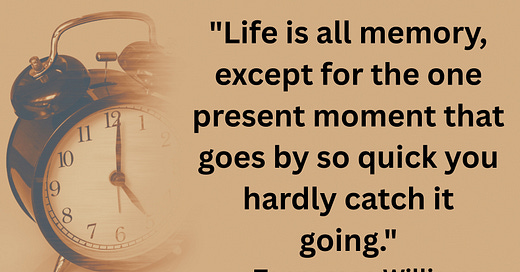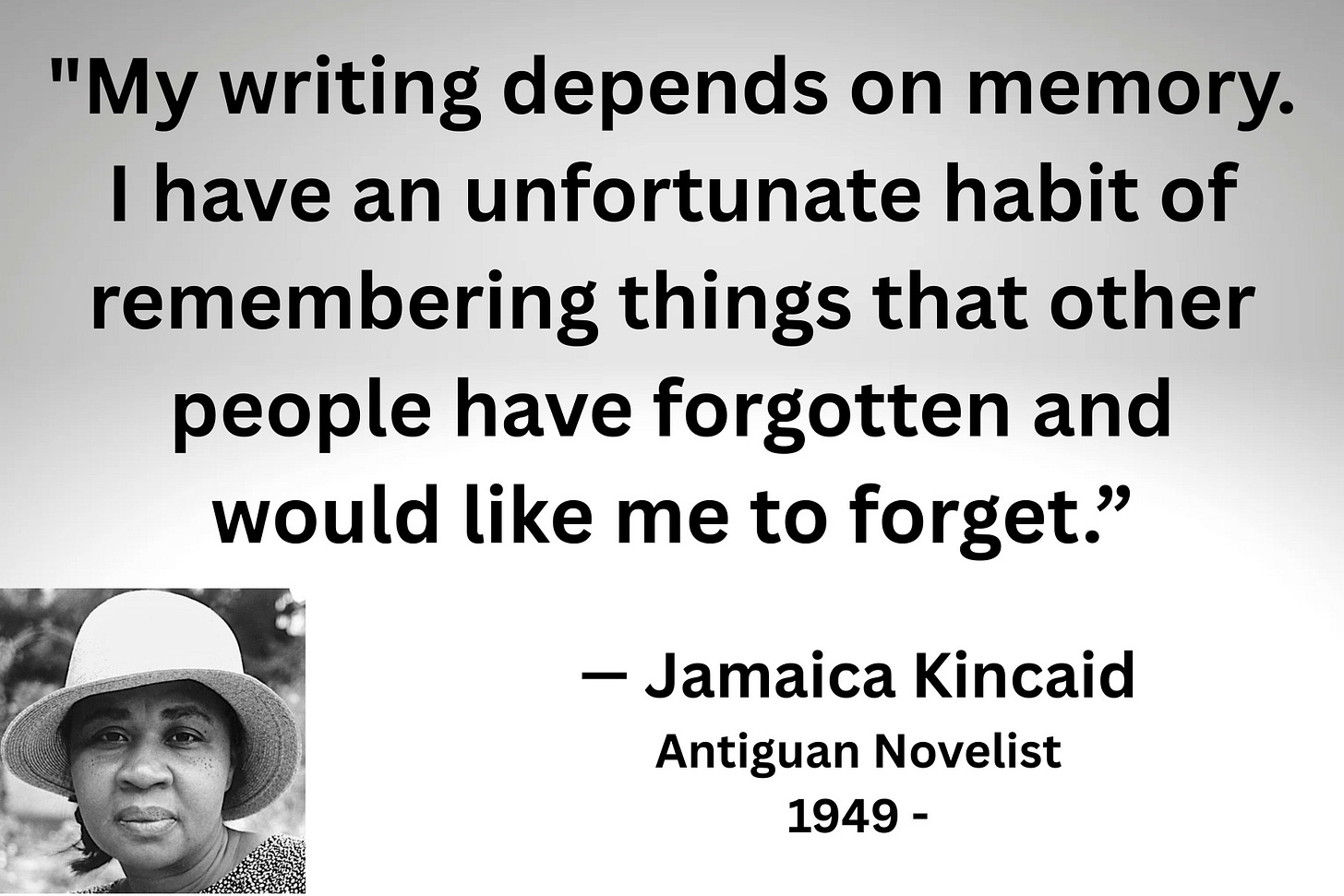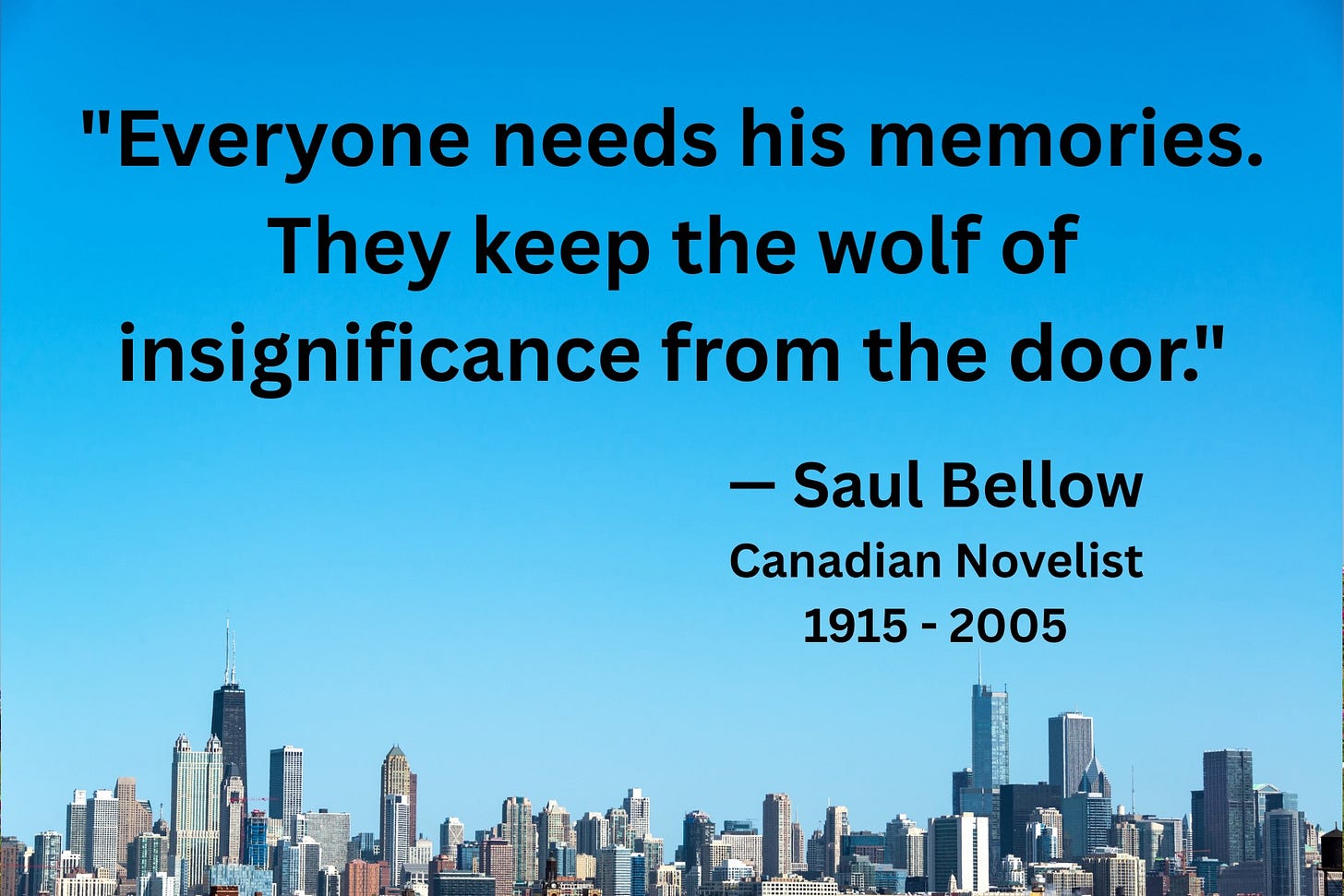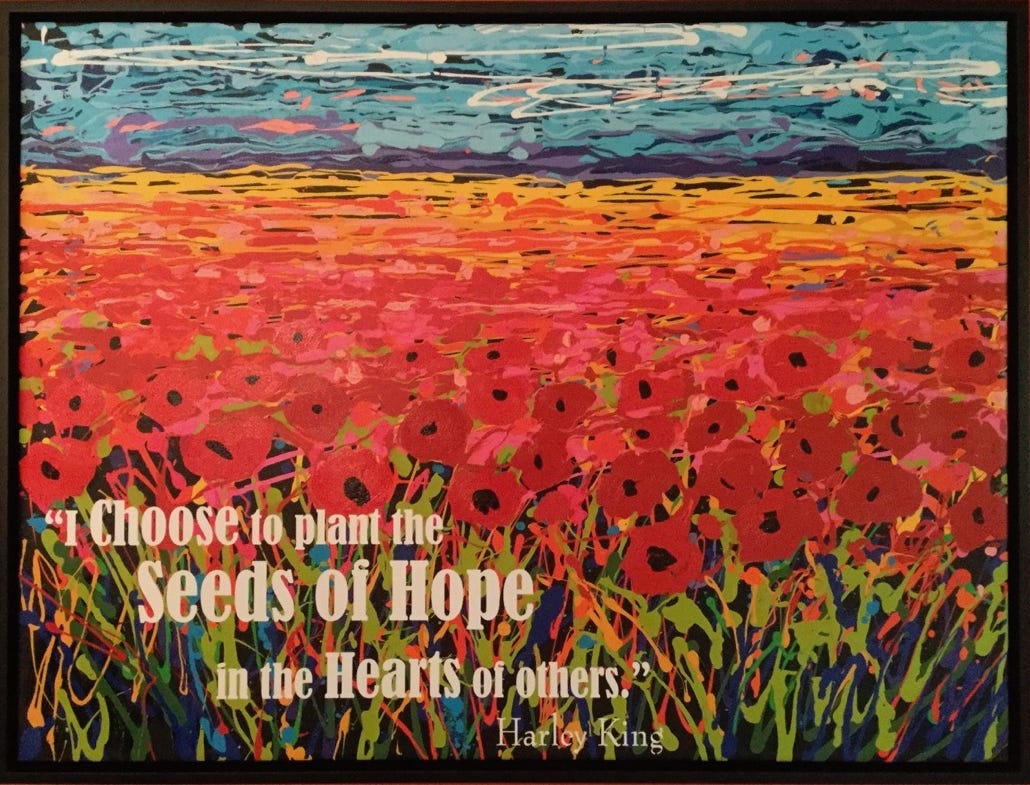Issue #75
Most of us live in the past with occasional ventures into the future. The time spent in the present is minuscule. The present moment arrives and is gone, quickly becoming a part of our memory. Time passes second by second, and we watch it leave.
Are you frustrated because there is not enough time to do all the creative work you want to do? Do you wish you had more time to do what you want? Modern life is hectic, and it gets faster and faster every year. Since man invented the first machine, we have been promised more time to do what we want. And it has never happened. Cell phones, iPads, and computers do not make our lives easier. We have to work longer and harder to stay even. We are now in touch with the world 24/7.
I talked with a salesman who said that thirty years ago, he would leave town for a week. He would tell his secretary to take any messages and to tell the people he would call them when he returned. He says that if he doesn't return a call within 15 minutes today, he has lost the sale.
So, what does this have to do with creative leadership? Each of us has 86,400 seconds a day to spend as we choose. How do you spend your seconds? Do you do the things you want to do or what others want you to do? Do you spend your seconds focused on the past and what has already happened, or do you spend your seconds in the present creating new creative works?
We are all given the same amount of time each day. We can not change this, but we can choose how we spend it. Be sure to spend your time wisely.
I had the privilege of hearing Jamaica Kincaid speak for about forty minutes at the Toledo Public Library. She told a few stories, read from her book, See Now Then, and discussed time and memory.
Writers are often encouraged to write about what they know and write about their own experiences. If we do that, we often write from memory, and memory is very fragile and unreliable. What we remember is not what really happened. It is what our minds think happened, and the memory is altered and reshaped over time as it is retold again and again in our minds. Our retelling reshapes the facts, leaving out some and embellishing others.
Readers often want to know what is autobiographical and what is fictional about a novel, a story, or a poem, and sometimes they assume it is all autobiographical. Yet for writers, it is hard to distinguish between the two. As you write your stories, as you share your stories, the two begin to blend together until we have no idea what happened and what we imagined happened.
All great storytellers embellish and expand the truth. We reimagine ourselves and our place in events. We change the events to fit the story we want to tell, which has gotten some memoir writers in trouble for adding events that did not happen. What is truth? What is fact? Are they the same or different? They overlap, but they are not the same. Just because something is factual does not mean it is truthful. And just because something is truthful does not mean it is factual.
My childhood memories are few, and they usually come from stories that were told over and over in my family or from events that were traumatic to the young me. So, while my poems will start with a simple phrase from some memory, they will grow and morph into something of their own that may bear no resemblance to fact.
Human beings need to feel good about themselves. Even those who have done evil deeds have a way of justifying their actions. They do not believe that they are bad people. They use their memories to explain the person they have become.
On the other hand, even the most successful and influential people sometimes feel as if they have accomplished nothing. They remember only the negative events in their lives and become depressed.
Our memories are very powerful, and they influence the lives we lead. We are all selective in the memories that we retain. We choose how we remember our past and what we believe about ourselves. We are not defined by one memory alone, but some people live that way. Choose the memories you keep wisely and let go of those that trouble you.
Plant seeds of hope in the hearts of others!
Thanks for reading.









Harley- Some great insights here. My favorite is Williams’ quote. Thanks for sharing!
A good post, Harley!